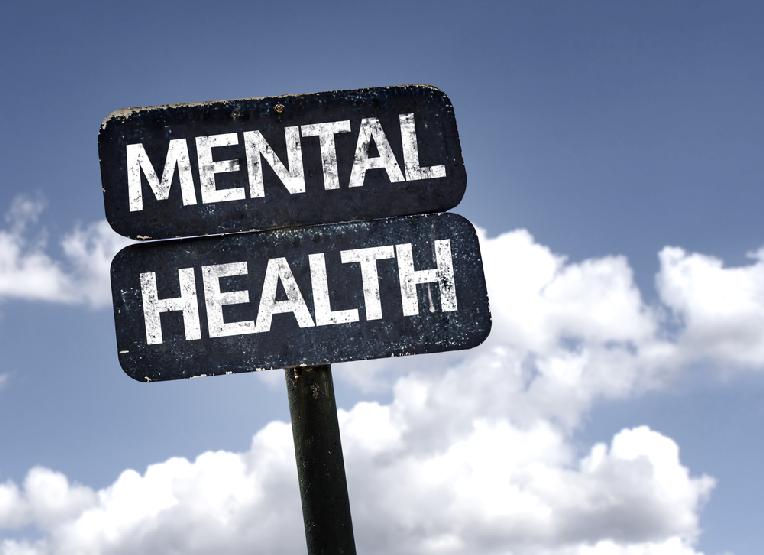*Among the most frequent obstacles faced by mental health care professionals is that most Black patients tend to be reluctant to acknowledge their mental health issues. We aren’t saying that blackness is some sort of a pathology that just manifests in all African Americans. The statistics, however, have been quite clear to suggest that Black patients are probably under-medicated.
Serious Psychological Distress
In a study conducted in 2003, it was found that Black patients are about 20% more likely to come down with serious psychological distress as opposed to the White community. The study found that the reason behind this problem is that Black patients tend to be less willing to accept psychiatric medication as opposed to their White counterparts.
It isn’t like Black patients don’t have the same level of access. They are just known to address their mental health issues through self-medication. They often treat their problems with the help of illegal substances, alcohol or even religion.
Lack of Cultural Competence in the Field
Aside from problems of diversity, Black mental health is also affected by the lack of cultural competence in the industry of psychiatry and health care. An example of this can be understood in the case of people saying they have bad nerves. This is, naturally, quite unspecific and nebulous. With some prompting, however, patients will be able to describe that they are suffering from insomnia, irritability, anxiety, and even tendencies to isolate themselves.
Some Black patients also tend to become tearful as they describe their persistent stressors such as fears or losses. Others come forward and recount their reactions to problems that have to do with legal problems, relationships, or even family.
They Prefer to Treat Extremes As They Occur
Most Black patients tend to be quite resistant to anxiolytics and antidepressants—medication that needs to be taken daily. This means that most mental health patients in the Black community do not prefer prevention. Instead, they prefer to treat all of their extreme symptoms with escapism or the likes after they have occurred.
“I’m Not Crazy”
This is something you will often hear from Black mental health patients. This is because of the fact that there is a stigma attached in the society when it comes to PTSD, panic attacks, and anxiety. It is very uncommon for Black patients to describe their problems as a symptom of depression. This is also why they are much less likely to take part in therapy as opposed to the White community.
We Publish News 24/7. Don’t Miss A Story. Click HERE to SUBSCRIBE to Our Newsletter Now!






